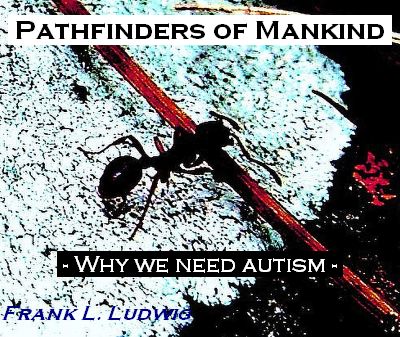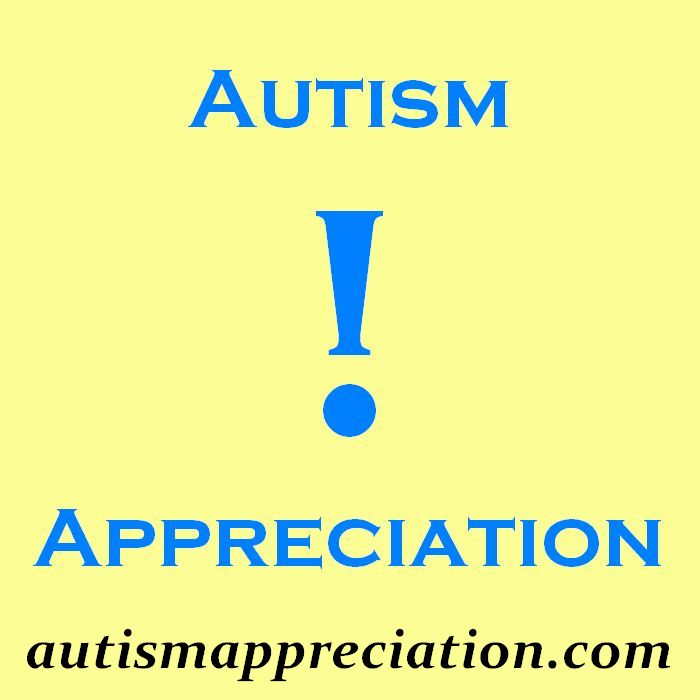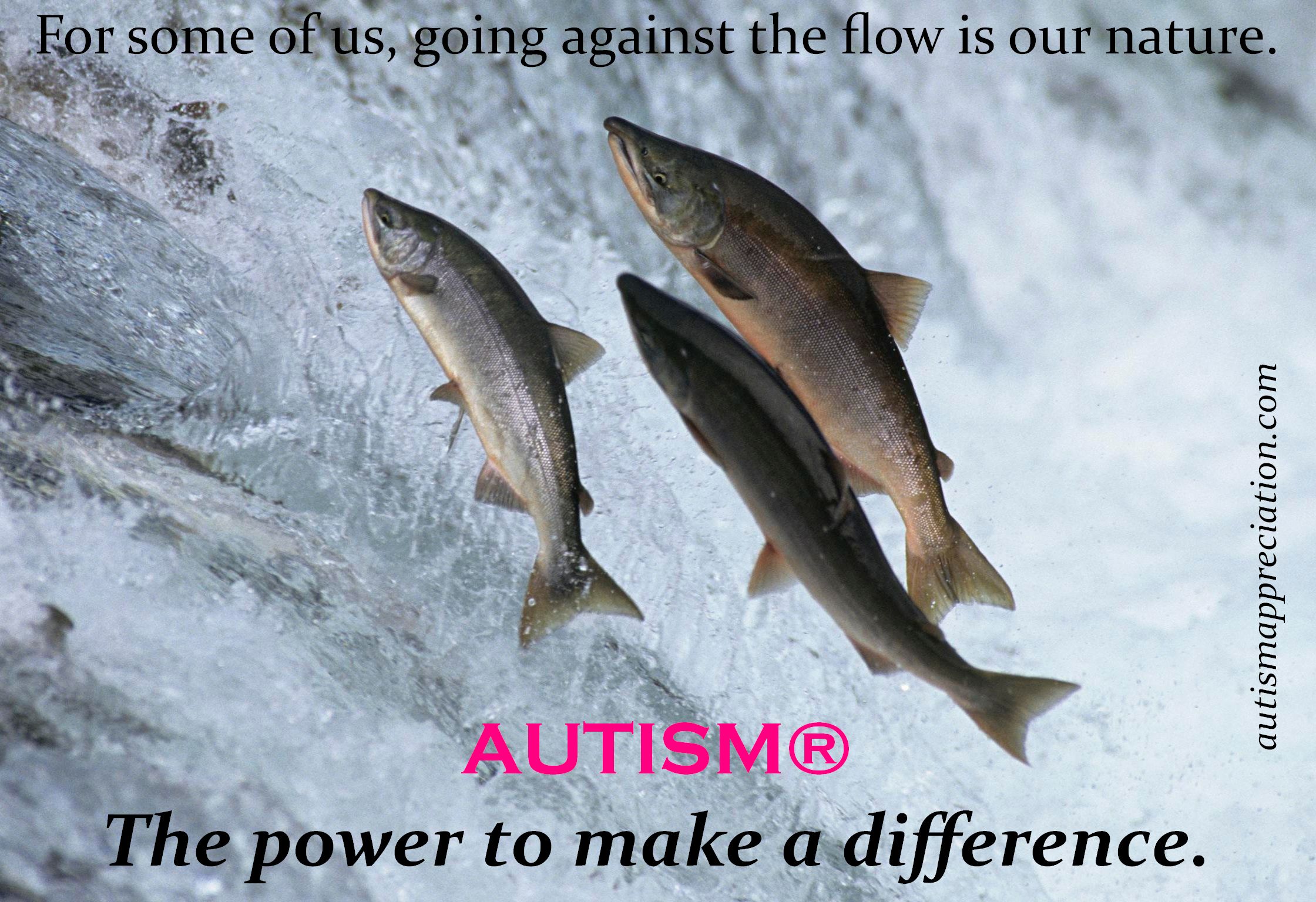
Read more on
|
Tweet
|
One may ask: Why science and the arts? What possible link could there be between the two disciplines?
The autistic mind works differently from others. Autistic people are more inquisitive than the average person. We question what others accept without (or with flawed) proof. We analyse things in more detail than others. We are more critical of things 'handed down' or presented as fact. We can focus intensely on matters of interest, to the extent of neglecting everything else. Our thoughts go places nobody else visits. And we are always looking for patterns to understand the world, often noticing links others hadnít considered at all.
This way of thinking is indispensable for human progress. Without it mankind would still be where it once started out.
Amongst the foragers of Pharaohís ants there are about 20% who are differently wired, so to speak, by having their antennae pointing to the ground rather than upwards, besides other physical and behavioural differences. These are the pathfinders who, while still participating in foraging, are responsible for detecting food sources, laying and maintaining pheromone trails leading to them and locating old trails. Without them the colony would be doomed.
We are the pathfinders of mankind. We have brought you the wheel, agriculture, the light bulb and antibiotics. Without the contribution of the autistic pool we 'would have a bunch of people standing around in a cave, chatting and socializing and not getting anything done,' as Professor Temple Grandin so aptly put it.
Calling autism a disability is like calling a sailing boat a defective aeroplane, and the incessant attempts to find a 'cure' are not only counterproductive but suicidal for the human species.
If autism were eradicated, as many urge, mankind would come to an evolutionary standstill.
'We are convinced, then, that autistic people have their place in the organism of the social community. They fulfil their role well, perhaps better than anyone else could, and we are talking of people who as children had the greatest difficulties and caused untold worries to their care-givers.'
The biographies of the most important scientists and artists support this observation, such as those of Michelangelo, Isaac Newton, Leonardo da Vinci, Ludwig van Beethoven, Charles Darwin and Albert Einstein, to name but a few.
The answer is simple: creativity. While the term is usually only associated with the arts, it stands for the general ability to create something new, such as new technologies or new knowledge, or even connections between facts that hadnít been noticed before.
- Hans Asperger
MORE ON AUTISM

